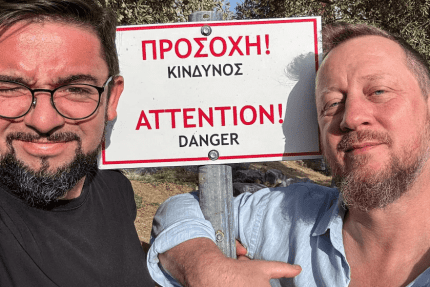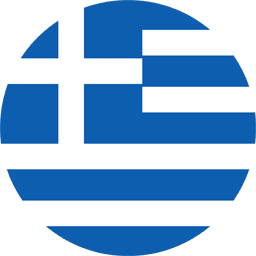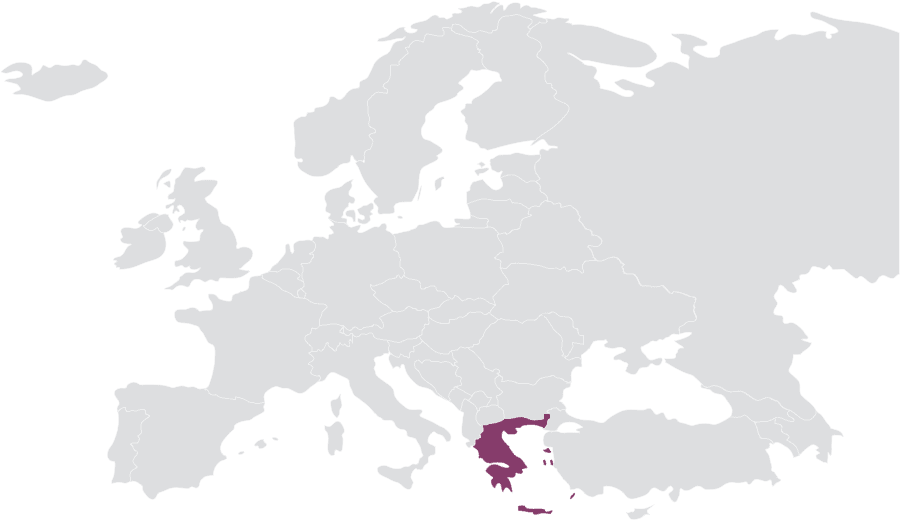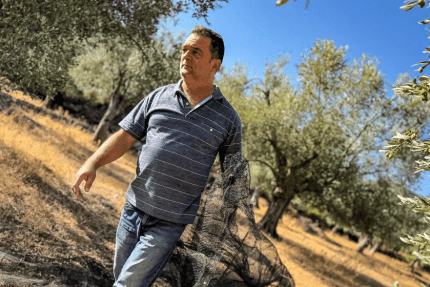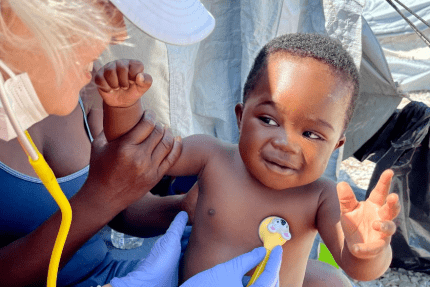Today we hand over our Blog to Ola Kosmęda, a doctor who is with us in Lesbos for the first time, although she knows medical mission work inside out. With her we visit the residents of the camp Moria 2.0 every day.
“I am fully aware that I will not solve the social or political problems that have led to the existence of a place like Moria in Europe. I cannot help everyone, I cannot heal everyone. I don’t work with big organisations for many reasons: I do not like some of their methods and I do not like to be dependent. I like to be clear about the planned activities in every aspect, and therefore either travel alone or with such foundations whose managers are my friends and I have 100% confidence in them, in their intentions and how every single penny is spent. Another condition is whether and which local partners are involved. Regarding the project on Lesbos, I have no doubts.
We met Matthew, the president of the Good Factory Foundation, in Kasisi, Zambia many years ago and this was the beginning of our friendship. A true friendship, the kind you write about in books. I remember the story of Matthew’s experience in Togo, where he saw a boy begging on the beach near his hotel every morning. One day he invited him to his table. It turned out that the boy lived with his father and several brothers in great poverty, because the father had lost his wife unexpectedly and could barely make ends meet by working on fishing boats. Matthew organised help for this family, who needed a boat: a working tool for his father. Then, visiting Togo from time to time, he saw how their lives changed. The boy became a teenager and still reacts to the sight of Matthew with great joy. And that is what it is all about: being attentive, having an open heart, doing what you can here and now, on the spot, inspiring hope in people.
Thanks to Katerina and Nikos, who created Home for All and for years have been doing many good things for these people, including providing the sick with properly balanced meals, we can also meet other families and children in the camp and respond to their very specific medical needs. This is extremely important, because even when medical help is organised here, people have to stand in huge queues. They often give up even trying to ask for help, because they are simply lost, shy and ashamed, or they abandon hope because of countless previous, failed attempts.
For me, the most touching thing is when we get invited to dinner in a tent. We can talk openly and get to know each other. When helping with the Good Factory, I have certainty that the help reaches a particular child in need, that we are not saving the world, but a particular person. I already know the people I met here at the camp by name. I know that Benny (3 weeks old) has to be examined by a paediatric orthopaedist and we are in the process of organising a consultation in Athens. I also know that Maria, who is just a few years old, is probably allergic to milk: a short interview was enough. So far she has only been given aspirin for stomach pains. Now, Home for All prepares special meals for her every day. I know that another baby (6 months old) has obstructed tear ducts and we have already sent her mother a video tutorial on how to massage them. For me, helping even one child is already 100 percent.
A friend of mine wrote: “But you are only patching holes and not solving basic global problems”. Yes, I do patch holes, and I feel it is my calling to do so. I try to mend torn hearts, fading hopes and dreams, and sometimes even bodies. What is important to me is the smile and gratitude of those people whom someone looked in the eyes and whom someone has really seen.”
Aleksandra Kosmęda
